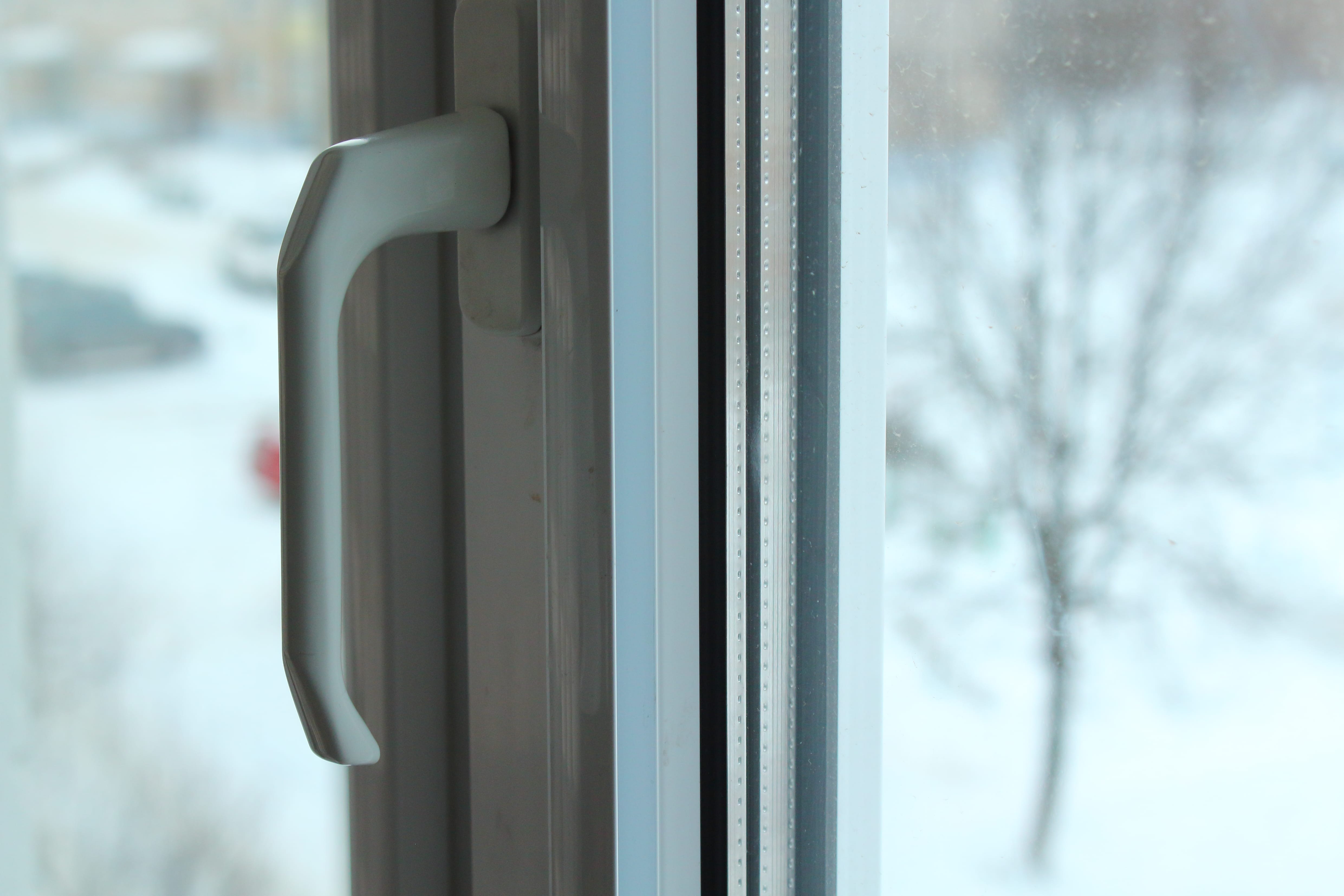Introduction
Ambient noise can be a major source of stress and discomfort, especially in urban environments. Fortunately, soundproof windows offer an effective way to reduce noise pollution and improve your home’s living conditions. Designed to block the transmission of sound, soundproof windows help create a quieter indoor space, while also providing benefits like better insulation, airtightness, and added property value.
What Is a Soundproof Window?
A soundproof window is specifically designed to reduce the transmission of ambient noise. It typically consists of multiple layers of sound-insulating glass, separated by an air gap or insulating material that absorbs sound. Depending on the glazing type, these solutions can reduce noise by up to 90%, making indoor environments significantly more peaceful.
Why Choose Soundproof Windows?
Opting for soundproof windows provides several key benefits:
- Noise reduction: Effectively minimizes traffic, airplane, or city noise.
- Improved comfort: Creates a calm and restful environment.
- Better thermal and acoustic insulation: Retains warmth in winter and coolness in summer due to tighter sealing.
- Increased property value: Enhances your home’s appeal to potential buyers.
- Energy savings: Reduces heating and cooling costs.
Solutions to Soundproof Your Windows
Asymmetrical Double Glazing and Laminated Glass
Asymmetrical double glazing uses two panes of different thicknesses to disrupt sound waves. Laminated glass includes a special resin layer that absorbs sound vibrations. These are among the most effective solutions for reducing indoor noise.
Sealing Gaskets
Poorly fitted windows allow sound and air to pass through. Adding sealing gaskets around window frames strengthens both sound and thermal insulation—especially for older windows.
Acoustic Caulking
Acoustic caulking involves applying a specialized sealant around window frames to fill gaps. It’s easy to apply and offers a budget-friendly way to reduce noise.
Window Insulating Films
Plastic insulating films applied directly to the glass provide an extra layer of thermal and sound insulation. They’re a fast and affordable solution.
Thick Curtains and Cellular Shades
Soundproof curtains and cellular shades help absorb ambient noise while also enhancing your interior’s appearance and acoustic insulation.
Combining Several Methods
For maximum effectiveness, combine different methods—such as double glazing, acoustic caulking, and thick curtains—to achieve the best soundproofing results.
Technical Features of Soundproof Windows
Glass Thickness and Air Gaps
Thicker glass offers better soundproofing but may increase window weight and cost. Likewise, wider air gaps between panes improve sound wave absorption.
Sound Transmission Class (STC)
The Sound Transmission Class (STC) measures a window’s ability to block noise. The higher the STC rating, the better the acoustic insulation. Soundproof windows generally range from STC 48 to 54, compared to 26 to 32 for standard windows.
Laminated Glass
Laminated glass is especially effective at reducing high-frequency sounds like sirens and horns, making it a top choice for areas with heavy noise pollution.
How to Choose the Right Soundproof Windows
Solutions for Every Budget
Soundproofing can range from simple caulking to high-performance window installations. If your budget is limited, sealing gaskets and thick curtains can be enough. For the best results, a full window replacement is recommended.
Upgrading Existing Windows
If replacing windows isn’t an option, you can still improve soundproofing with acoustic caulking, insulating films, or heavy curtains. These upgrades offer an affordable way to reduce noise.
Soundproof Windows and Privacy
Some decorative films provide both sound insulation and privacy, helping reduce noise while obscuring the view into your home.
Cost and Effectiveness of Soundproof Windows
Finding the Right Balance Between Cost and Performance
The price of soundproof windows depends on the materials and technologies used. While double glazing and sound-insulating glass are effective, they can be a significant investment. Assess the cost-performance ratio based on your needs.
Comparing Acoustic Performance
While STC ratings are useful indicators, also consider thermal insulation and security. Comparing options helps you choose the best solution for your space.
Alternatives and Add-Ons to Window Soundproofing
Soundproof Curtains and Acrylic Panels
Acoustic curtains absorb ambient noise, while acrylic panels add another layer of sound protection. These specialized products are especially useful in apartments and offices.
Wall Soundproofing
For optimal noise insulation, you can also soundproof walls in addition to windows. This further reduces external noise transmission.
FAQ: Your Questions About Soundproof Windows
What Type of Glazing Works Best for Soundproofing?
Asymmetrical double glazing and laminated glass are the most effective. Your choice should be based on how much ambient noise you’re exposed to.
How Can I Soundproof My Windows Without Replacing Them?
Installing sealing gaskets, applying acoustic caulking, using insulating films, or hanging thick curtains can significantly reduce noise without needing full replacement.
Conclusion: Improve Your Comfort with Soundproof Windows
Investing in soundproof windows is a powerful way to enhance your comfort and reduce noise pollution. Whether you opt for a full replacement or upgrade existing windows, there are effective options for every budget. Follow these tips to choose the best soundproofing solution and enjoy a quieter, more peaceful home.
